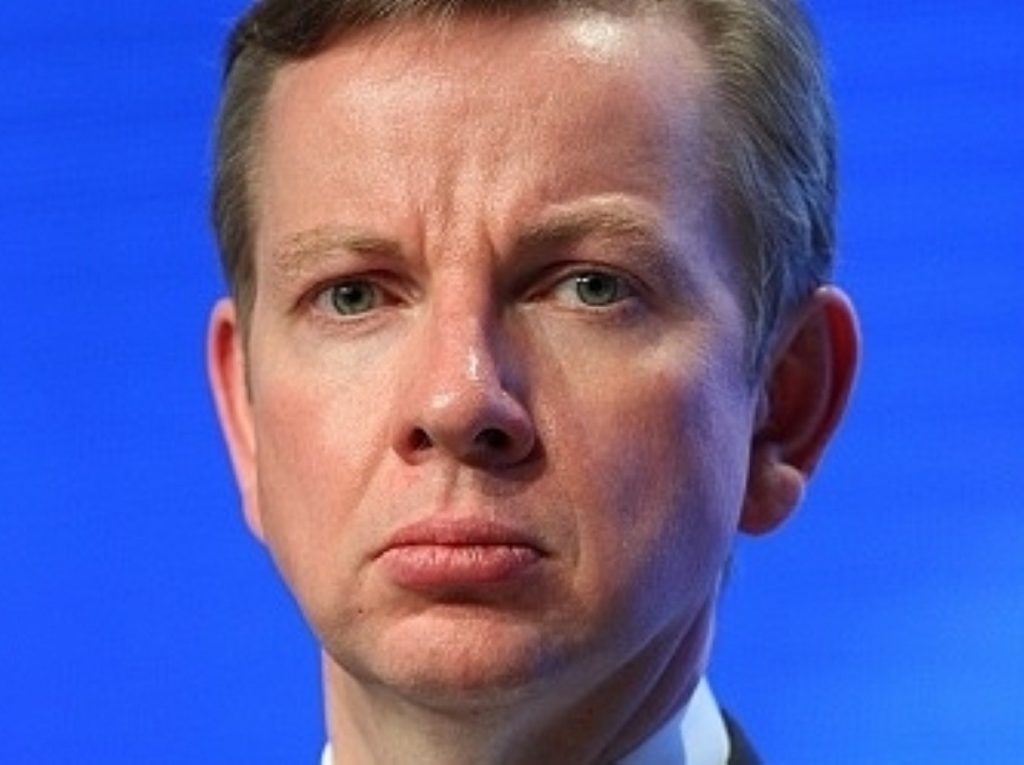Gove’s academies ‘poor value for money’
by Peter Wozniak
The coalition’s attempts to accelerate the academies programme are at risk of being poor value for money, the National Audit Office (NAO) has claimed.
Its report out today suggests that the existing academies started under the previous government have generally been successful in improving standards, though this improvement is mainly coming from children from more advantaged backgrounds.
It also warns that the government cannot expand the improvements by simply rapidly increasing of the number of schools with academy status, as the education secretary is attempting to do.


Amyas Morse, head of the National Audit Office, said: “Many of the academies established so far are performing impressively in delivering the intended improvements.
“It cannot be assumed, however, that academies’ performance to date is an accurate predictor of how the model will perform when generalised more widely.”
Michael Gove’s education reforms are a centrepiece of the coalition’s policy agenda but have met with a mixed initial response, with only 32 schools having applied to take up academy status this year, a figure derided by teachers’ unions.
The report casts doubt on the logic of expanding academies, begun under Labour. It argues the bureaucracy behind them cannot cope with a great increase in numbers, stating: “The expansion of the programme increases the scale of risks to value for money.
“Existing academies have been primarily about school improvement in deprived areas, while new academies will often be operating in very different educational and social settings,” it concluded.
The report’s suggestion that deprived students in state schools actually perform better that those in academies will make uncomfortable reading for the education secretary.
Mr Gove attempted to cast a positive light on the report, saying: “We have already taken prompt action on the NAO recommendations, as we strive to strengthen the programme even further.
“The academies programme is helping children from all backgrounds to get a better education, that is why we are allowing more schools to become academies, and giving real power and autonomy back to schools and teachers.”
But Ed Balls, Mr Gove’s shadow, commented: “Michael Gove’s rush to turn schools with more advantaged intakes and which are already thriving into academies, rather than under-performing schools in more deprived areas, is not only a perversion of a successful policy but risks becoming an expensive failure.”
The academies bill was roundly criticised for being rushed through parliament without adequate opportunity for debate.









